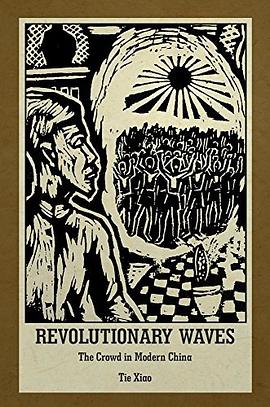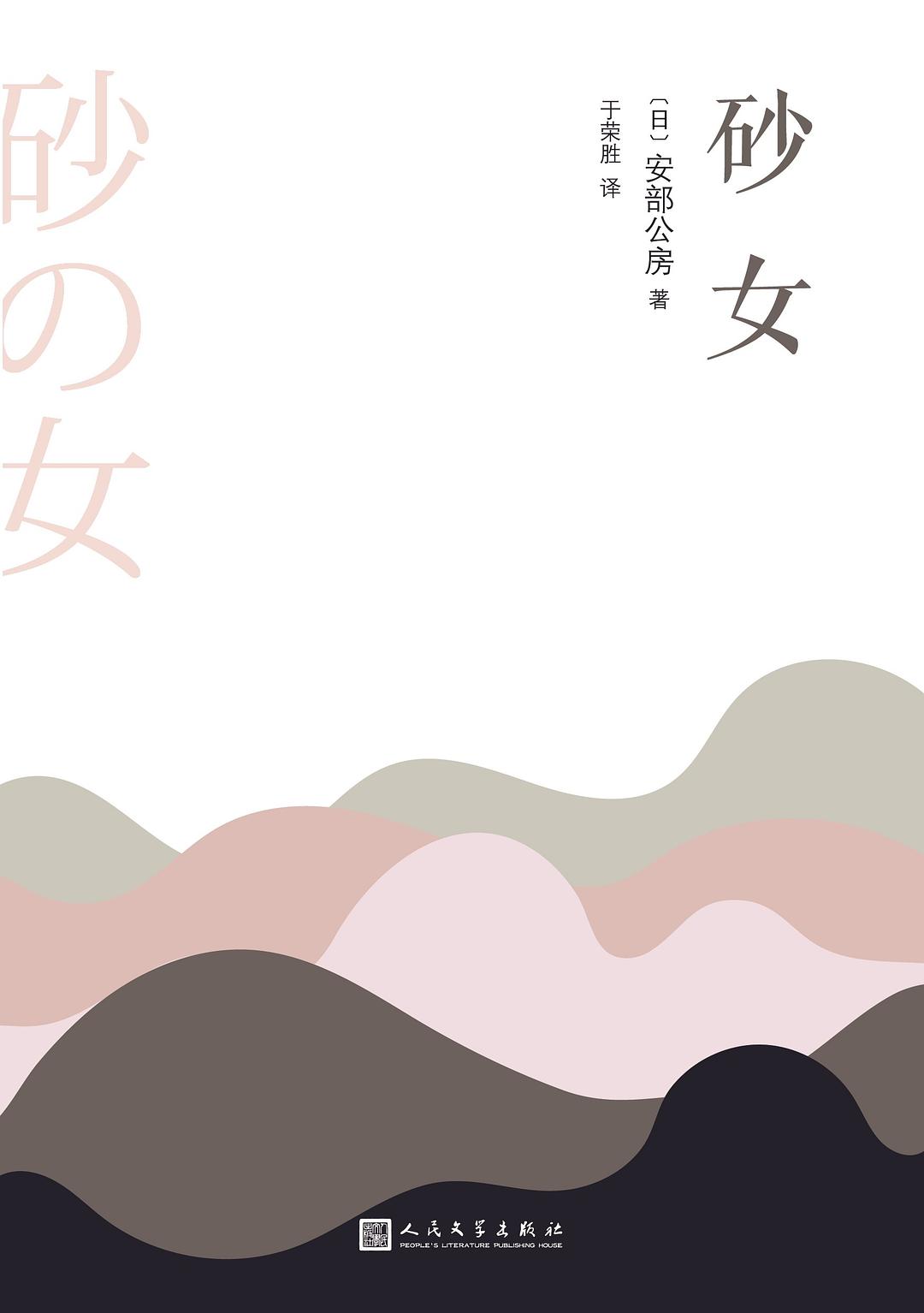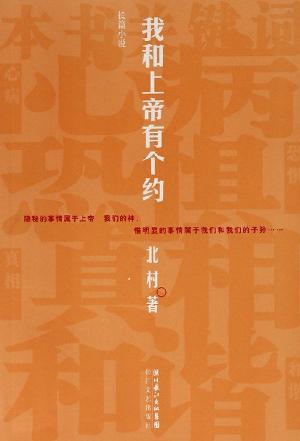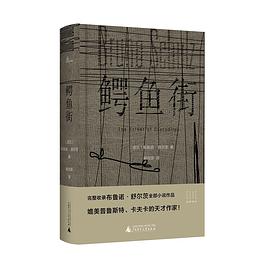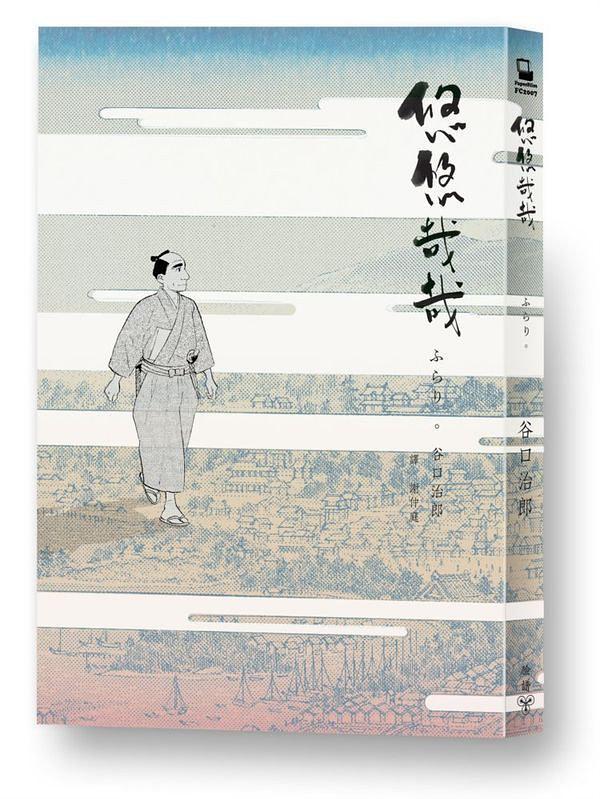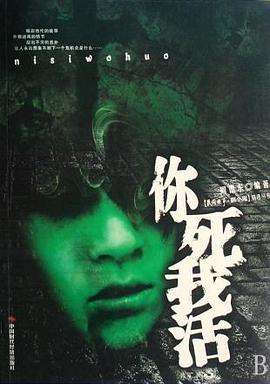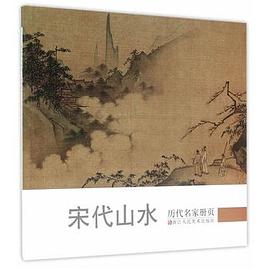Revolutionary Waves
内容简介
During China’s transition from dynastic empire to nation-state, the crowd emerged as a salient trope. Intellectuals across the ideological spectrum have used the crowd trope to ruminate on questions of selfhood and nationhood, and to advance competing models of enlightenment and revolution.
Revolutionary Waves analyzes the centrality of the crowd in the Chinese cultural and political imagination and its global resonances by delving into a wide range of fiction, philosophy, poetry, and psychological studies. Bringing together literary studies, intellectual history, critical theory, and the history of human sciences, this interdisciplinary work highlights unexplored interactions among emerging social-scientific forms of knowledge, new aesthetic modes of representation, and changing political imperatives. The work brings into relief the complexities of the modern Chinese crowd discourse, which generated subjectivities and oriented actions, enabled as well as constrained the expression of togetherness, and thus both expanded and limited the horizon of political possibilities in the emerging age of mass politics.
The first in-depth examination of the aesthetics and politics of the crowd in modern Chinese literature and thought, Revolutionary Waves raises questions about the promise and peril of community as communion and reimagines collective life in China’s post-socialist present.
......(更多)
作者简介
Tie Xiao is Assistant Professor in the Department of East Asian Languages and Cultures at Indiana University.
......(更多)
目录
List of Illustrations
1. Zheng Yefu, “August 1, 1933,” 1933.
2. Ke Bu, “Advance,” 1928.
Acknowledgments
Abbreviations
Introduction
1. The Politics of Psychologizing Qunzhong
2. The Lure of the Irrational
3. Fictions of Becoming
4. Problems of Solitude
5. Torrents of Sound
Epilogue: The Regime of “We”
Notes
Selected Bibliography
Index
......(更多)
读书文摘
父母兄弟相聚营生者,谓之家族;数家相聚于一处者,谓之部族;以人力结成之团聚,谓之人为群;……各国浑合成一团者,谓之国际社会,谓之人群,谓之天下。
......(更多)
